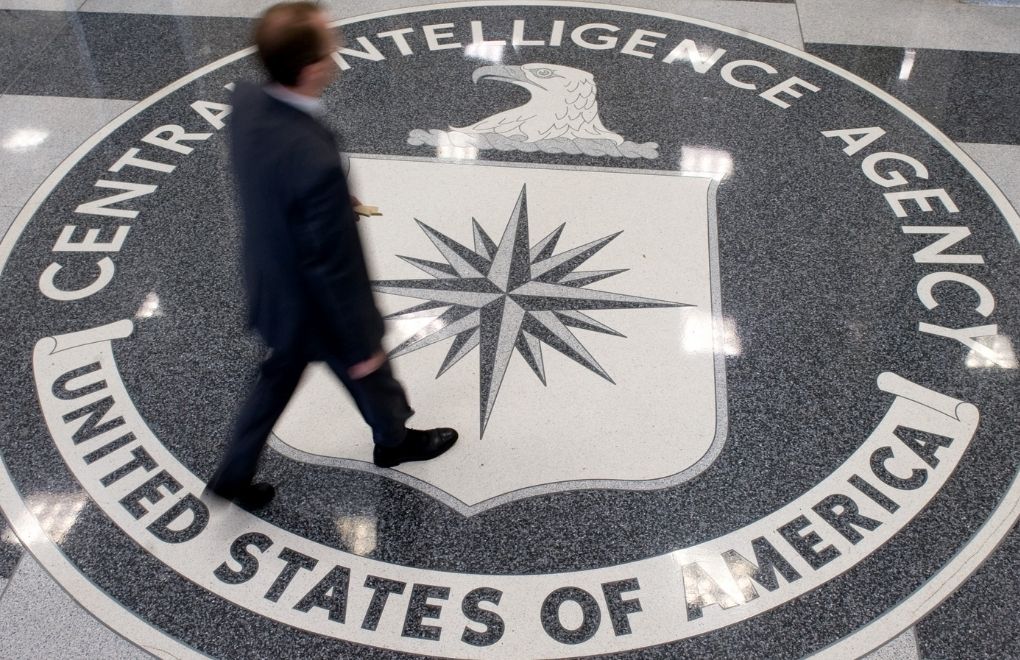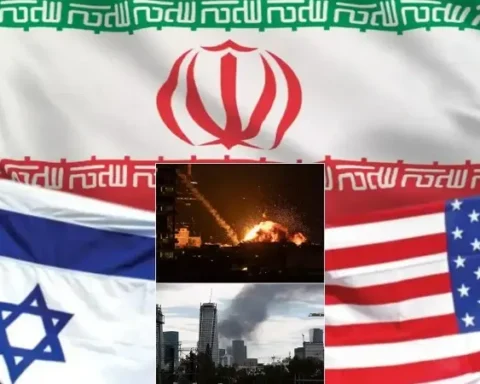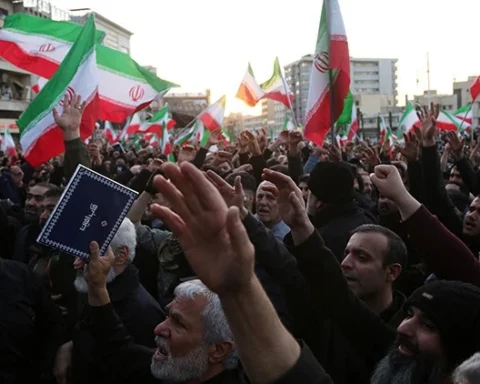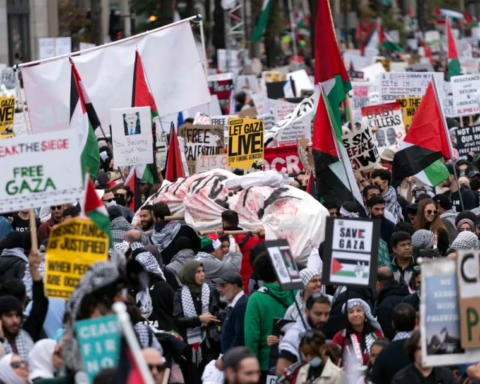The politicization of intelligence is nothing new, but Donald Trump is finding new ways to pursue it. The United States has gone to war with phony intelligence on major occasions, including the Mexican-America War, the Spanish-American War, the Vietnam War, and the Iraq War. Too many directors of the Central Intelligence Agency have been directly involved in politicizing intelligence, including Richard Helms, James Schlesinger, William Casey, Robert Gates, David Petraeus, Mike Pompeo, George Tenet, John Brennan, and the current director John Ratcliffe.
In addition to lies justifying the use of force, such as Tenet’s “slam dunk” guarantee to provide intelligence support for invading Iraq, there were lies regarding the use of torture and abuse, including Brennan’s efforts to block the Senate Intelligence Committee from documenting the unconscionable use of torture. Various presidents have blocked the American public from seeing the SIC’s report, including President Barack Obama.
Most of the efforts involving politicization were conducted behind closed doors, but Trump’s efforts are being played out in public, and they involve virtually every member of his national security team. Last week, for example, Senator Mark Warner, the ranking member of the SIC, was blocked from visiting the National Geospatial Intelligence Agency, which is part of his oversight duties. Apparently, this was caused by the caviling of a right-wing activist, Laura Loomer, who holds no position in the administration and lacks a security clearance. The trip itself was a secret one, which means someone in the Pentagon illegally shared the information with Loomer, who has had a key role identifying members of the government thought to be insufficiently supportive of Trump.
When I was a CIA intelligence analyst, the agency was accustomed to briefing members of the congressional intelligence committees on sensitive and controversial issues. The late Senator John Glenn, who was initially a critic of the Strategic Arms Limitation Treaties, regularly got disarmament briefings at the CIA. As a result, he became supportive of SALT II and encouraged others on the Hill who were skeptical to support the treaty. I was involved in these briefings as well as others that dealt with intelligence regarding the Soviet invasion of Afghanistan in December 1979.
Loomer’s interventions are unprecedented. She posted her opposition to Warner’s visit and classified briefing on social media, and Secretary of Defense Pete Hegseth was quick to cancel the visit. Similarly, Loomer identified others who were proclaimed as insufficiently loyal, and the Director of National Intelligence, Tulsi Gabbard, a leading toady in the administration, was quick to remove the director of the National Security Agency, General Timothy Haugh, and his deputy, Wendy Noble. Loomer and Gabbard were also directly involved in removing the security clearances of 37 career intelligence officials, claiming they had pursued “personal, partisan, or nonobjective agendas.” Retired intelligence officials at the highest level maintain their clearances in retirement because they are called back during times of crisis in order to take advantage of their institutional memories. It is the nation’s loss to lose the expertise of these individuals.
Gabbard fired the National Intelligence Council’s top two officials, NIC chairman Mike Collins and his deputy, Maria Langa-Rickhof, because their assessments contradicted an administration assertion linking Venezuela’s President Nicolas Maduro regime to the criminal gang Tren de Aragua. The U.S. navy has eight naval combatants and a submarine in the Caribbean, and last week, one of the combatants destroyed a Venezuelan vessel and killed 11 people, claiming they were members of the TdA gang they claim is controlled by Maduro. Venezuela denies the charge, and U.S. intelligence supports Maduro regarding the absence of any linkage between the TdA and the government. Hegseth ordered the attack, and the Pentagon has supplied no information on what drugs were on the vessel and the details of the strike. In such situations, vessels are seized and crews are apprehended; murder has not been part of the process until now.
An appeals court has already ruled that the Trump administration unlawfully invoked a centuries-old wartime law to deport Venezuelan migrants linked to TdA. Again, the intelligence community determined that there was no evidence of such linkage, and that the presence of TdA members didn’t amount to an invasion or “predatory incursion.” The gang itself, moreover, has never been linked with the drug smuggling that Trump is falsely citing to engage in an act of war on the open seas.
(In 2001, a CIA-directed operation in Peru led to the downing of a plane carrying American missionaries. The CIA ignored all procedures in failing to identify the tail number of the church-owned plan per procedure. The CIA then blocked efforts to investigate the downing of the plane, although the Bush administration did shut down the program.)
The actions of the Trump administration thus far will make it impossible for foreign countries and even our own public to know what is true and what is false when it comes to intelligence assessments. The National Security Council seems to play no real role in the conceptualizing and implementation of policy, and there have been no apparent efforts to use the intelligence community in any objective fashion. The leaders of the national security community are highly partisan and unlikely to take any actions that challenge the random and capricious designs of Trump and JD Vance. The mainstream media has been timid in reporting acts of politicization, and the ability of whistleblowers to function in the current environment has been badly compromised. Leaders in the intelligence community, such as CIA director Ratcliffe, have done nothing to protect their people.
The American public has a right to demand that presidents appoint individuals with exceptional integrity and experience for key roles in the intelligence and foreign policy communities in order to maintain an open and constitutional democracy. This is clearly not the case with the Trump administration, and we can expect that the shameful acts of the past will lead to even more shameful acts. The renaming of the Department of Defense to the Department of War, which a Washington Post editorial endorsed on Saturday, augurs for greater use of the military.
* Melvin A. Goodman is a senior fellow at the Center for International Policy and a professor of government at Johns Hopkins University. A former CIA analyst, Goodman is the author of Failure of Intelligence: The Decline and Fall of the CIA and National Insecurity: The Cost of American Militarism. and A Whistleblower at the CIA. His most recent books are “American Carnage: The Wars of Donald Trump” (Opus Publishing, 2019) and “Containing the National Security State” (Opus Publishing, 2021). Goodman is the national security columnist for counterpunch.org.






